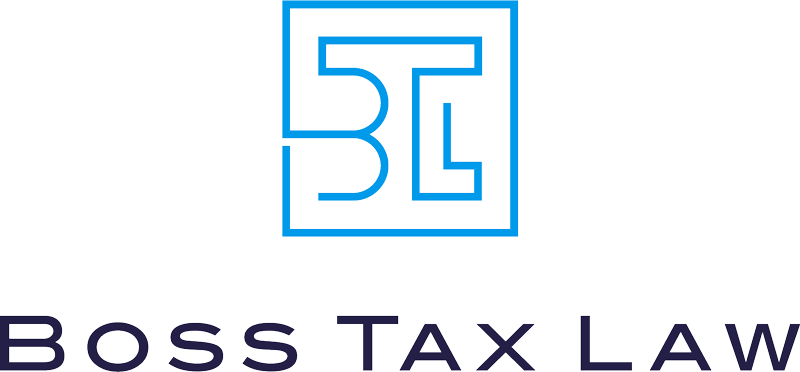Essential Steps for Hiring a Tax Attorney
If you’re facing a tax issue and considering hiring a tax attorney, it’s crucial to know the best steps to take to ensure you find the right professional for your needs. Here’s a quick guide of things to consider:
1. Finding Potential Attorneys
The first step in hiring a tax attorney is to compile a list of potential candidates. Start by searching online for attorneys who specialize in IRS resolution and dispute issues. You can also seek recommendations from professionals such as Certified Public Accountants (CPAs) or other attorneys who might have experience with tax matters. Additionally, asking friends and family for referrals can provide valuable leads.
Remember, for federal tax issues, you’re not restricted to attorneys in your geographical area. Since federal tax law governs these matters, attorneys from other states or regions can also assist you. Unlike state-specific issues like estate planning or real estate, IRS-related matters are handled on a federal level, allowing for greater flexibility in choosing your attorney. For example, Boss Tax Law helps business owners and taxpayers across the United States with resolving IRS issues.
2. Evaluating Credentials and Experience
Once you have a list of potential attorneys, it’s essential to evaluate their credentials and experience. At a minimum, a tax attorney should have a law degree and have passed the bar exam. However, tax law is complex and often requires additional specialized knowledge.
Look for attorneys who have further education or experience in tax law, such as a Master of Laws (LL.M.) in Taxation, a background in accounting, or experience working with the IRS. For example, I have an accounting degree, am a CPA, and used to work as an IRS agent, which adds multiple layers of expertise to my practice. Other tax attorneys may have other combination of tax law experience. These types of backgrounds can be crucial for handling complex tax issues effectively.
3. Setting Up a Consultation
After narrowing down your list, reach out to potential attorneys to schedule a consultation. This initial meeting is crucial for discussing the specifics of your case, including the attorney’s experience with similar cases, their proposed strategy, and how long they expect the resolution to take.
During the consultation, also discuss fee structures. Attorneys typically use one of three common billing methods:
- Hourly Billing: Charges based on the amount of time the attorney spends on your case. Request an estimate upfront to avoid unexpected costs.
- Flat Fees: A set amount for specific services. Make sure you understand what is included in the flat fee and any potential additional costs if complications arise.
- Contingent Fees: Payment is based on the outcome of your case, often a percentage of a tax refund or settlement. This is less common in tax cases but can be applicable in certain situations.
For example, at Boss Tax Law, we prefer to use flat fees when possible but may use hourly billing or contingency fees depending on the case.
4. Assessing Compatibility and Strategy
Finally, consider the attorney’s personality and approach to dealing with the IRS. Different attorneys have different styles; some may be more aggressive and litigious, while others adopt a cooperative approach. The right approach depends on your specific situation and stage of the dispute.
For instance, I often prefer a cooperative approach to attempt to resolve issues amicably with the IRS. However, in cases where litigation becomes necessary, a tougher stance might be required and will be used when necessary.
It’s important to work with an attorney whose style and personality align with your expectations. Good rapport and mutual trust are essential for a successful attorney-client relationship.
By following these steps, you can find a tax attorney who is well-suited to handle your case and achieve the best possible outcome. If you have any questions or need further assistance, contact us today.
